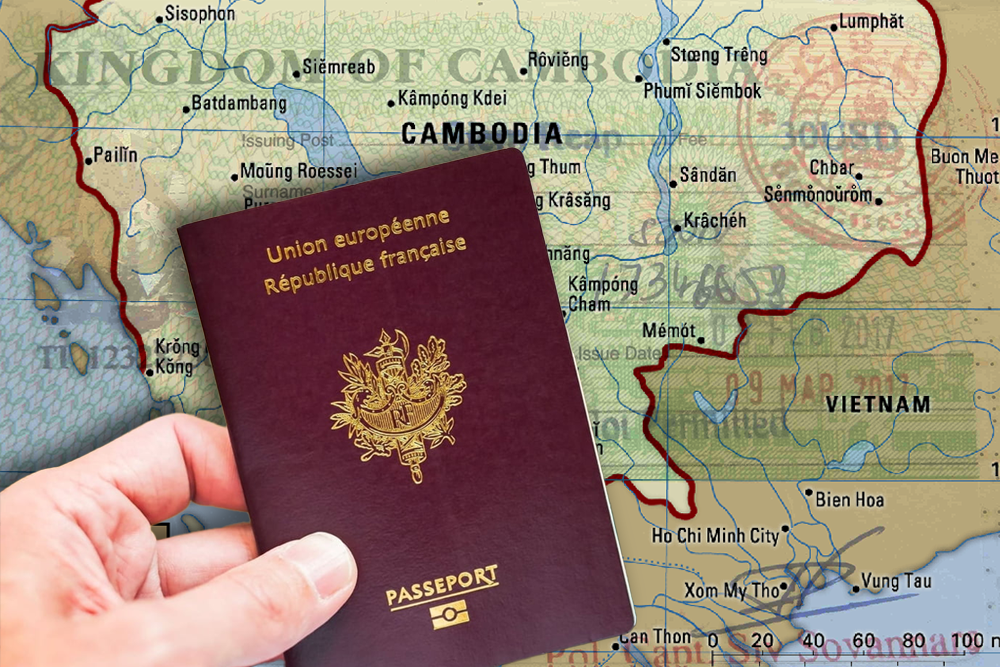Dual citizenship can offer many advantages, including access to multiple countries without the need for a visa. However, when it comes to applying for a New Zealand visa, dual citizens may face specific considerations depending on their nationalities and the passports they hold. This guide will provide you with essential information on how to navigate the NEW ZEALAND VISA WITH DUAL CITIZENSHIP process as a dual citizen.
1. Understanding Dual Citizenship and Visa Requirements
Dual citizenship means holding citizenship in two countries simultaneously. Each country may have different visa requirements and privileges. When applying for a New Zealand visa, the passport you choose to use can significantly impact the visa process, including whether you need a visa at all.
2. Visa Waiver Countries and Dual Citizenship
New Zealand has a visa waiver agreement with several countries, allowing citizens of those countries to visit New Zealand without a visa for short stays (usually up to 90 days). If you hold dual citizenship with one of these visa waiver countries, you may not need a visa to enter New Zealand. However, the following points should be considered:
- Passport Choice: Always use the passport of the country that is eligible for visa-free entry into New Zealand when you travel. This can simplify your entry process and avoid unnecessary visa applications.
- Duration of Stay: Even if you are visa-exempt, your stay in New Zealand is typically limited to a maximum of 90 days for tourism or business purposes. If you wish to stay longer, you may need to apply for a visa.
3. Applying for a Visa as a Dual Citizen
If neither of your citizenships grants you visa-free access to New Zealand, you will need to apply for a visa. Here’s what you should keep in mind:
- Which Passport to Use: When applying for a New Zealand visa, choose the passport that offers the most favorable terms for entry, such as longer visa durations or fewer restrictions.
- Declaration of Dual Citizenship: While filling out your visa application, you may be required to declare your dual citizenship. Provide accurate and truthful information to avoid complications.
- Impact on Application Processing: Holding dual citizenship does not typically impact the processing time of your visa application. However, using a passport from a country with more favorable diplomatic relations with New Zealand may sometimes expedite the process.
4. Residency Considerations for Dual Citizens
If you are a dual citizen and planning to reside in New Zealand long-term, you should be aware of the following:
- Permanent Residency: Holding dual citizenship may make it easier to apply for permanent residency in New Zealand, especially if one of your citizenships is from a country with strong ties to New Zealand.
- Work and Study: Depending on the countries you are a citizen of, you may need a work or student visa. Ensure that you apply for the correct visa type based on your plans in New Zealand.
5. Common Scenarios for Dual Citizens
- New Zealand Citizen + Another Country: If one of your citizenships is New Zealand, you do not need a visa to enter New Zealand. Always use your New Zealand passport when entering the country.
- Non-Visa Waiver Countries: If both of your citizenships are from non-visa waiver countries, you must apply for a visa. Choose the passport that offers you the best conditions.
- Traveling with Family: If you are traveling with family members who are also dual citizens, ensure that everyone’s passports and visa requirements are consistent to avoid complications at the border.
6. Special Considerations
- Legal Obligations: Some countries do not officially recognize dual citizenship. Ensure that your dual citizenship status does not violate the laws of your home countries, as this could impact your travel rights.
- Passport Validity: Ensure that the passport you use for travel to New Zealand is valid for at least three months beyond your intended stay.
7. How to Apply
If you need to apply for a visa, follow these general steps:
- Choose the Right Visa: Determine the type of visa you need based on your purpose of visit (tourist, student, work, etc.).
- Prepare Documentation: Gather the necessary documents, such as your valid passport, proof of funds, and any additional documentation required for your visa type.
- Complete the Application: Fill out the visa application form accurately, providing details of your dual citizenship if required.
- Submit the Application: Apply online through the New Zealand Immigration website or through a visa application center.
- Wait for Approval: Once submitted, track your application status and wait for a decision. Processing times may vary.
Conclusion
Navigating the NEW ZEALAND VISA TRANSFER TO NEW PASSPORT process as a dual citizen can be straightforward if you understand the rules and choose the right passport. Whether you are visiting for a short holiday, planning to work, or seeking long-term residency, being aware of the implications of your dual citizenship will help ensure a smooth entry into New Zealand. Always check the latest visa requirements and consult with New Zealand Immigration if you have any specific concerns or questions.

